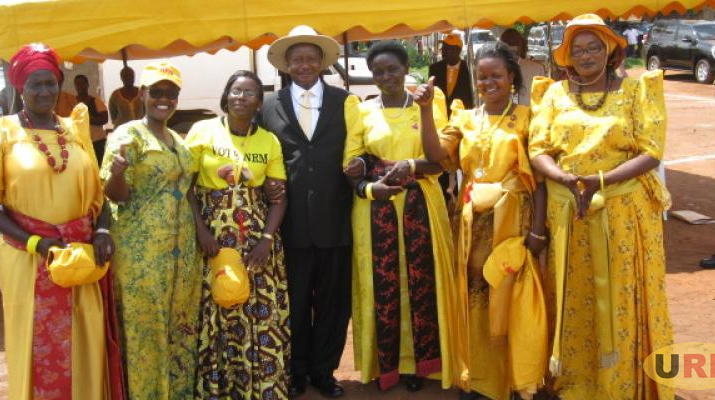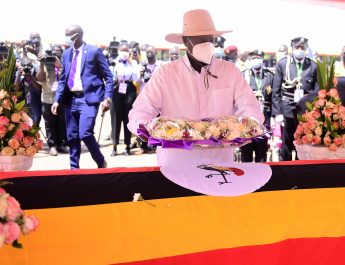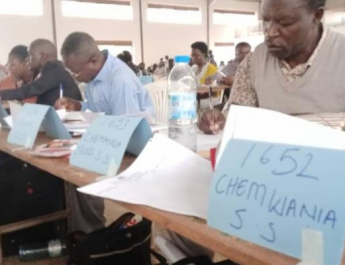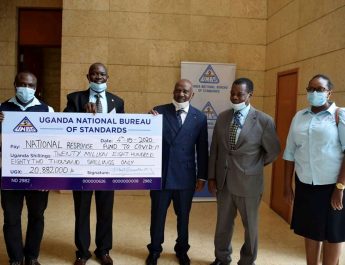Some legislators have raised concern about the length of the campaign period for the upcoming elections, saying it is unnecessarily too long. According to the legislators, the campaign period for local government and parliamentary candidates indicated on the electoral road map issued by the Electoral Commission will range between 4 to 6 months.
The road map shows that campaigns for local government candidates will commence on July 30th 2020 and end on January 8th, 2021, which means candidates will campaign for 162 days. Parliamentary candidates will be nominated on August 12th, 2020 and campaign for 144 days between August 17th 2020 to January 8th 2021.
Presidential candidates will be nominated on August 20th, 2020 and campaign for 129 days from September 1st, 2020 until January 8th, 2021. However, MPs notes that the campaign periods are too long and will have financial implications on candidates.
They want the election road map reviewed to cut down on the campaign period especially for local government and parliamentary candidates. Napak Woman MP, Stella Namoe says new timelines for voter registration; nomination and campaigns should be set.
2.5 million Ugandans will turn 18 years by end of this year but have been locked out because voter registration ended on December 23rd, 2019.
Agago County MP, Edward Makmot Otto and Amuru Woman MP, Lucy Akello, say the long campaign periods for local government and parliamentary candidates will increase the cost of election financing.
Makmot says the period should be reduced to at least 3 months (90 days) to among others curb commercialisation of politics.
Akello agrees with Makmot, and says that a long campaign period will promote corruption and highly monetized politics.
Aruu County MP, Odonga Otto however says that it will not matter how many days will finally be allocated for campaigns because he is already campaigning for re-election.
Crispin Kaheru, the former National Coordinator of Citizens Coalition for Electoral Democracy in Uganda-CCEDU, says MPs are right to ask for a review of the road map to shorten the campaign period.
Electoral Commission notes that the various electoral laws empower the EC to determine the manner and period for the campaigns. It cites provisions of the 1995 Uganda Constitution and sections of the presidential, parliamentary and local governments’ elections laws and the Electoral Commission Act.
It explains that the road map is, for instance, in compliance with the parliamentary elections Act, 2010 to enable public servants who wish to participate to prepare accordingly and also allow EC adequate time to produce ballot papers and other polling forms for the over 1.5 million electoral positions up for grabs.
The Legal and Parliamentary Affairs Committee asked officials from EC On Wednesday to respond to the concerns of MPs regarding the road map. The Committee Chairperson, Jacob Oboth, noted that nominations for the 2016 general elections took place between September and November 2015.
Oboth, also the West Budama South MP, said that candidates thereby had less than 3 months to campaign, except presidential candidates.
The EC Chairperson, Justice Simon Byabakama told the committee that the electoral body will look into the concerns of the MPs and make adjustments accordingly.
The Alliance for Campaign Finance Monitoring (ACFIM), a non-governmental organization has been advocating for capping election finances to curb commercialised politics. It conducted a survey a survey on election financing after the 2016 polls.
The survey showed that Shillings 28 billion
was spent by 113MPs out of 185 MPs interviewed. It noted that NRM MPs
interviewed spent a minimum of Shillings 233 million followed by independent
MPs at Shillings 189 million and opposition MPs Shillings 187 million.

The News Editor ,Reporter at Kagadi Kibaale community Radio




